Qu’est-ce que c’est? Qui est-ce? Qu’est-ce qu’il y a?
C’est , il est, il y a When do you use them?
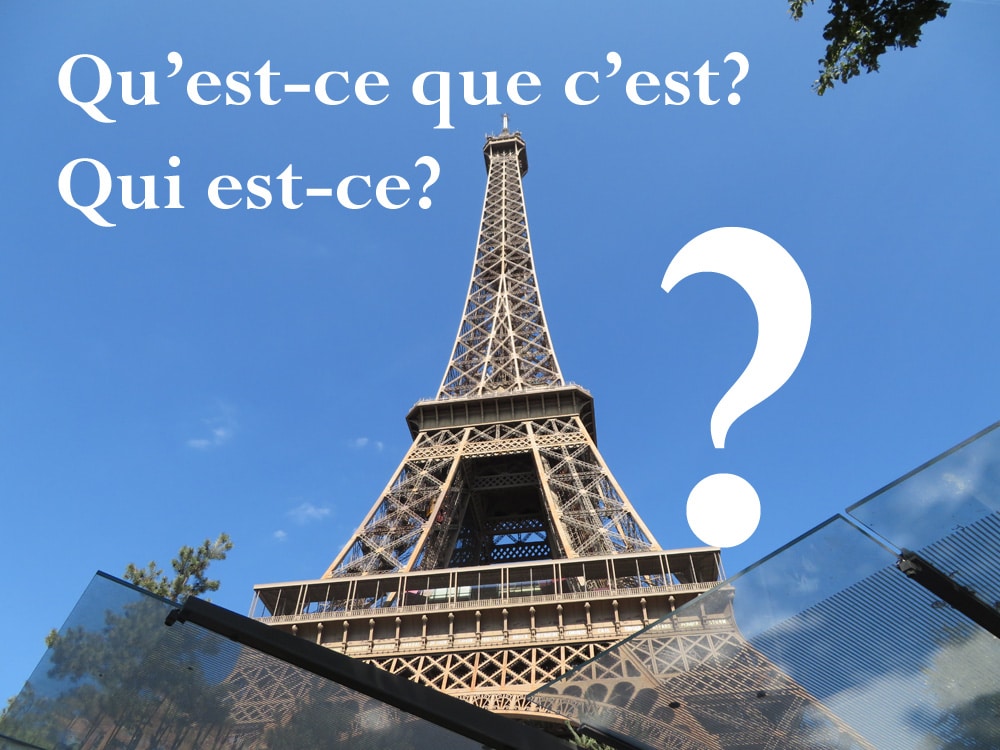

Qu’est-ce que c’est? Qui est-ce? Qu’est-ce qu’il y a?

Je reproduis ici la fable de Jean de La Fontaine intitulée : Les animaux malades de la peste. Un mal qui répand la terreur,Mal que le ciel en sa fureurInventa pour punir les crimes de la terre,La peste (puisqu’il faut l’appeler par son nom),Capable d’enrichir en un jour l’Achéron,Faisait aux animaux la guerre.Ils ne mouraient… Continue reading Les animaux malades de la peste/Animals Sick with Pest
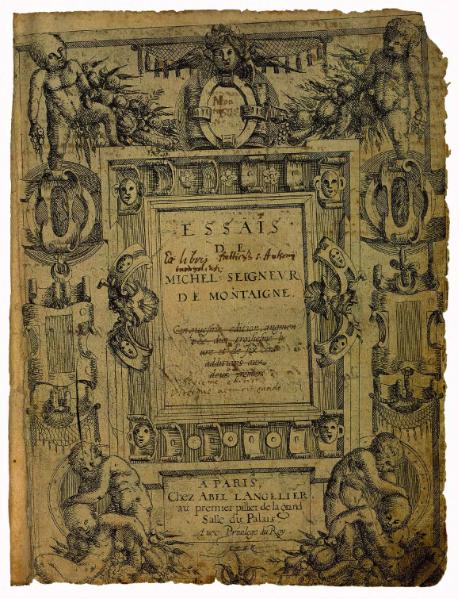
Pour recevoir les 10 joyaux au cours des quatre prochaines semaines,veuillez remplir le formulaire ci-dessous : To receive the 10 jewels over the next four weeks, please fill out the form below: firstname: lastname: email:
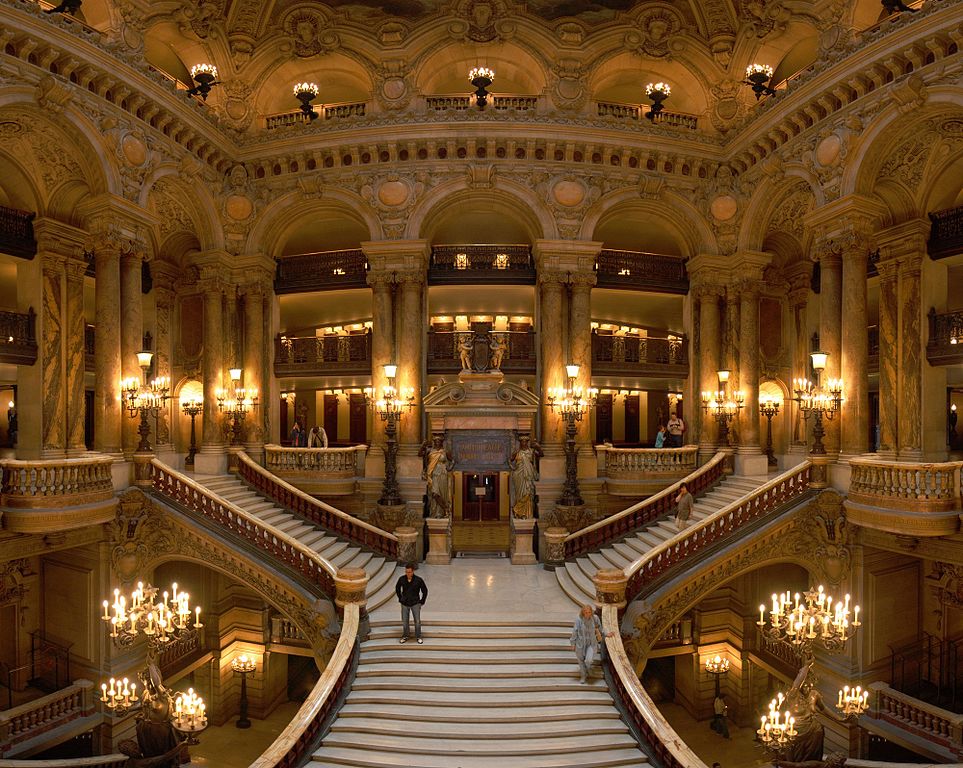
What Would we Do if There Were no Stairs? Vous êtes-vous trompé d’escalier ? Pas de problème par ici la sortie…Did you take the wrong stairs? No problem here the exit… La précision mécanique de l’univers physique/The mechanical precision of the physical universe Tout dans la vie a une technologie particulière. Des étapes très précises… Continue reading Que ferions-nous s’ il n’y avait pas d’escaliers ?
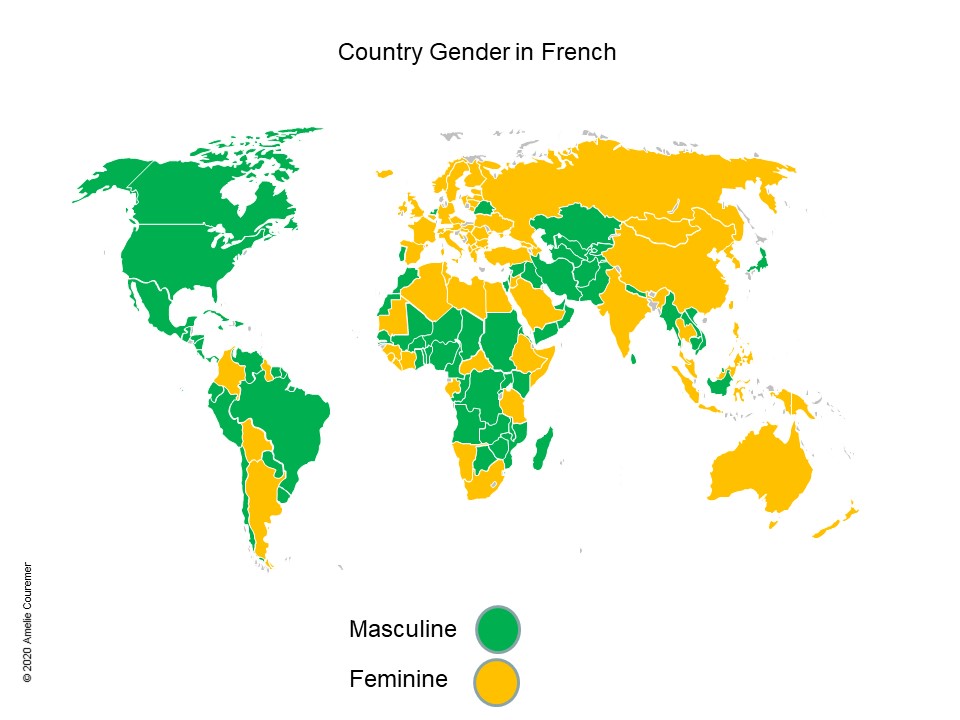
In French, how do you pick the article gender for a country? No panic please, it’s actually simple. En français, comment choississez-vous le genre d’un article pour un pays ? Pas de panique s’il vous plaît, c’est en fait simple. Feminine Countries/Les pays féminins As a rule, if countries end with an “e”, they are… Continue reading How is Gender Attributed to Countries in French?
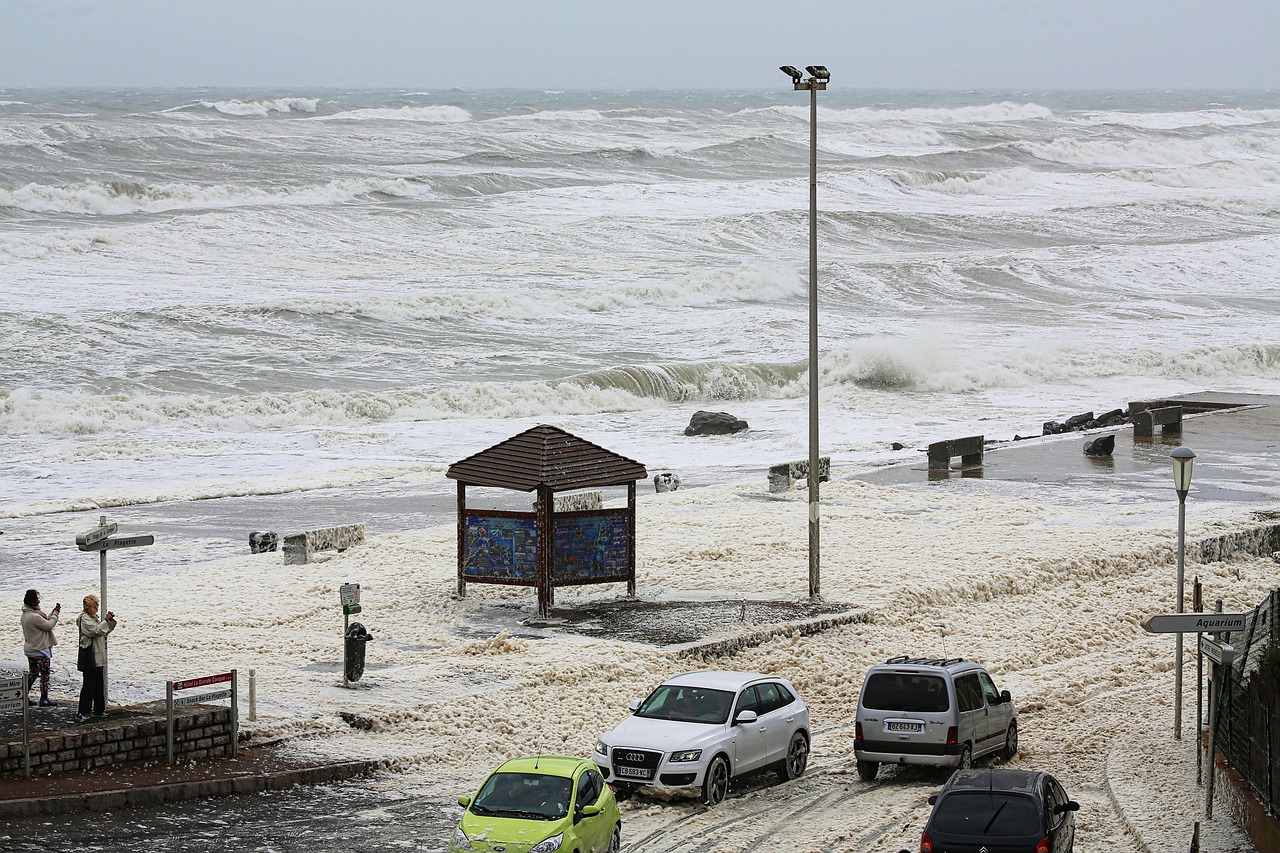
Did you know that the word “time” in English does not always translate the same in French? For example, What time is it? —>Quelle heure est-il? (une heure – fem.) English has also “hour” for “heure.” Don’t waste any time. —>Ne perdez pas de temps. Here, the notion of “time” in French is “temps.” NOTE:… Continue reading Time in English « Temps » and « Fois » in French
New French words spoken by the people force them to eventually enter the French Dictionaries every year. They come from what the French borrow from what they live day in, day out, from other languages such as English, or areas such as Africa, Canada, Belgium, Switzerland, etc. Maybe those which have taken the less time… Continue reading New French Words

Why would you learn French? Is it of any use in a world where giant new players such as China, India and the African continent are sitting at the table? Official Language of Key Organizations The first good reason to learn French is the fact that many international organizations use French as one of their… Continue reading Learn French – Why would you?
Where do You Learn French? Several High Schools are delivering French in Simi Valley and surrounding cities. This, in spite of being right in the middle of the highest speaking Spanish population in the US, at 40 miles North of downtown Los Angeles. However, this is not so surprising when you know that California counts… Continue reading What High Schools Prepare you to Speak French?

French In Our Daily Lives The French language is so deeply intertwined into the English we speak that we hardly realize it’s there. You and your fiancé send out wedding invitations asking the recipients to R.S.V.P. We go to a restaurant and order an hors d’oeuvre and a salad without thinking twice about the origin… Continue reading Celebrating French Culture in Santa Barbara